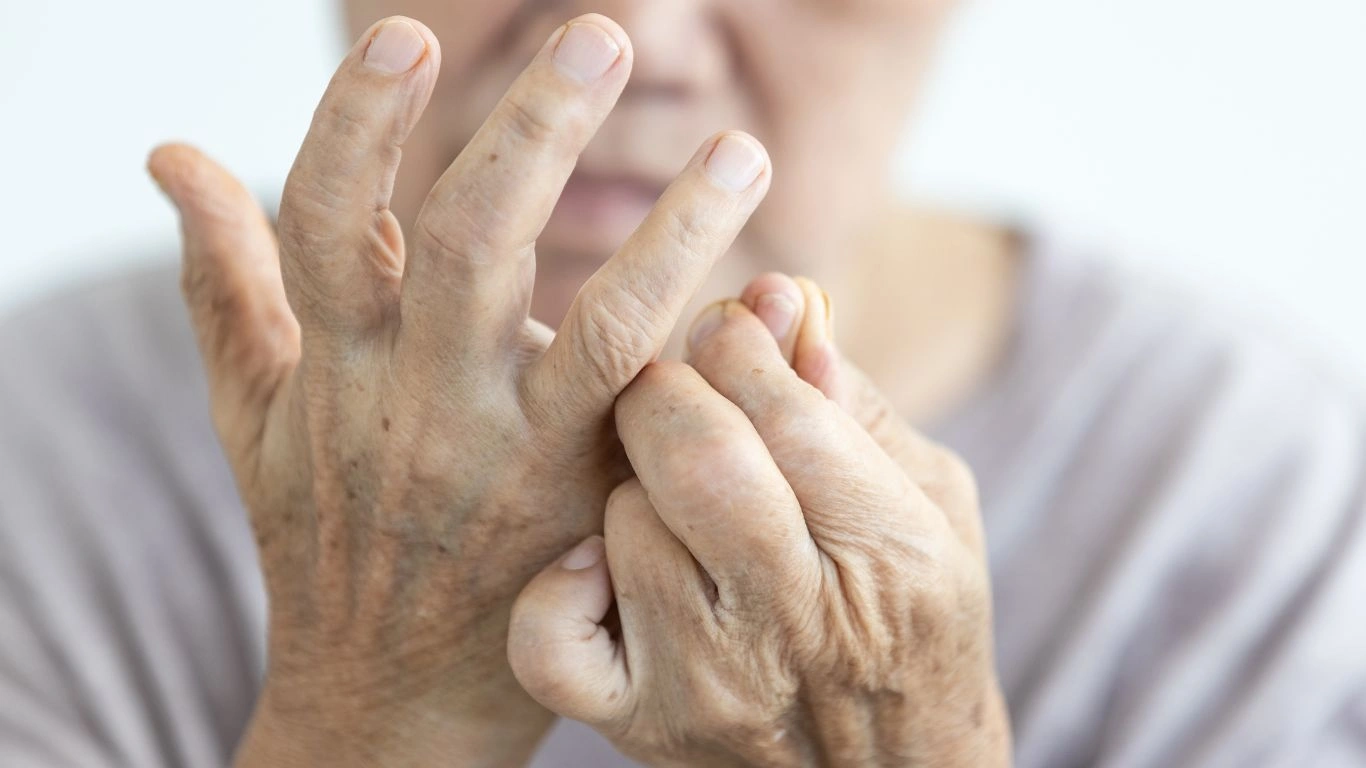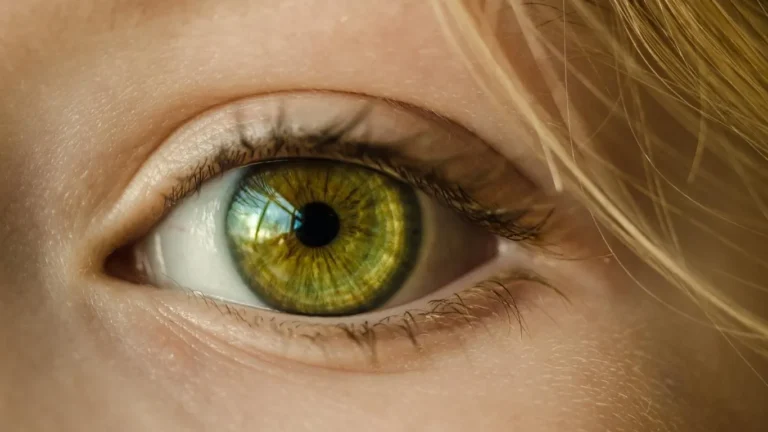Can RA Cause Itchy Skin? Understanding the Connection and Relief
If you’ve ever wondered, can RA cause itchy skin?—you’re definitely not alone. Rheumatoid arthritis (RA) is well-known for causing joint pain, swelling, and stiffness, but many people, including some of my patients, are surprised to learn that skin symptoms like itchiness can also show up. From my experience as a Rheumatology nurse practitioner, I’ve seen firsthand how RA’s effects can extend beyond joints, sometimes making skin feel irritated or itchy in ways that aren’t immediately obvious.
Before diving into why this happens, it’s important to understand that RA is an autoimmune disease, which means the immune system mistakenly attacks the body’s own tissues. Most people think only joints are affected, but RA can be much trickier. The skin, being the largest organ, can reflect these internal battles through different symptoms, including itchiness. So, if you’ve been dealing with persistent itchy skin and have RA, there’s a reason behind it—and you’re not imagining things.
Understanding Why RA Can Cause Itchy Skin

What’s Going On Beneath the Surface?
RA triggers widespread inflammation, and that doesn’t just stay locked inside your joints. The immune system’s inflammatory signals can affect your skin, too. Sometimes, this results in dry, irritated patches that lead to itching. In some cases, the skin itchiness is a direct response to the autoimmune activity, while in others, it’s more of an indirect effect—like dry skin from medications or secondary conditions.
Common Skin Symptoms Linked to RA
In my practice, patients often describe a mix of skin issues, and here’s what tends to show up most often:
- Dry, flaky skin: This is super common, especially during cold or dry seasons, but RA can worsen it due to inflammation.
- Rashes or red patches: Sometimes RA causes small lumps under the skin called rheumatoid nodules, which might itch or feel tender.
- Vasculitis-related irritation: Rare but serious, rheumatoid vasculitis happens when inflamed blood vessels cause skin ulcers or itchiness.
How RA Treatments Might Affect Your Skin
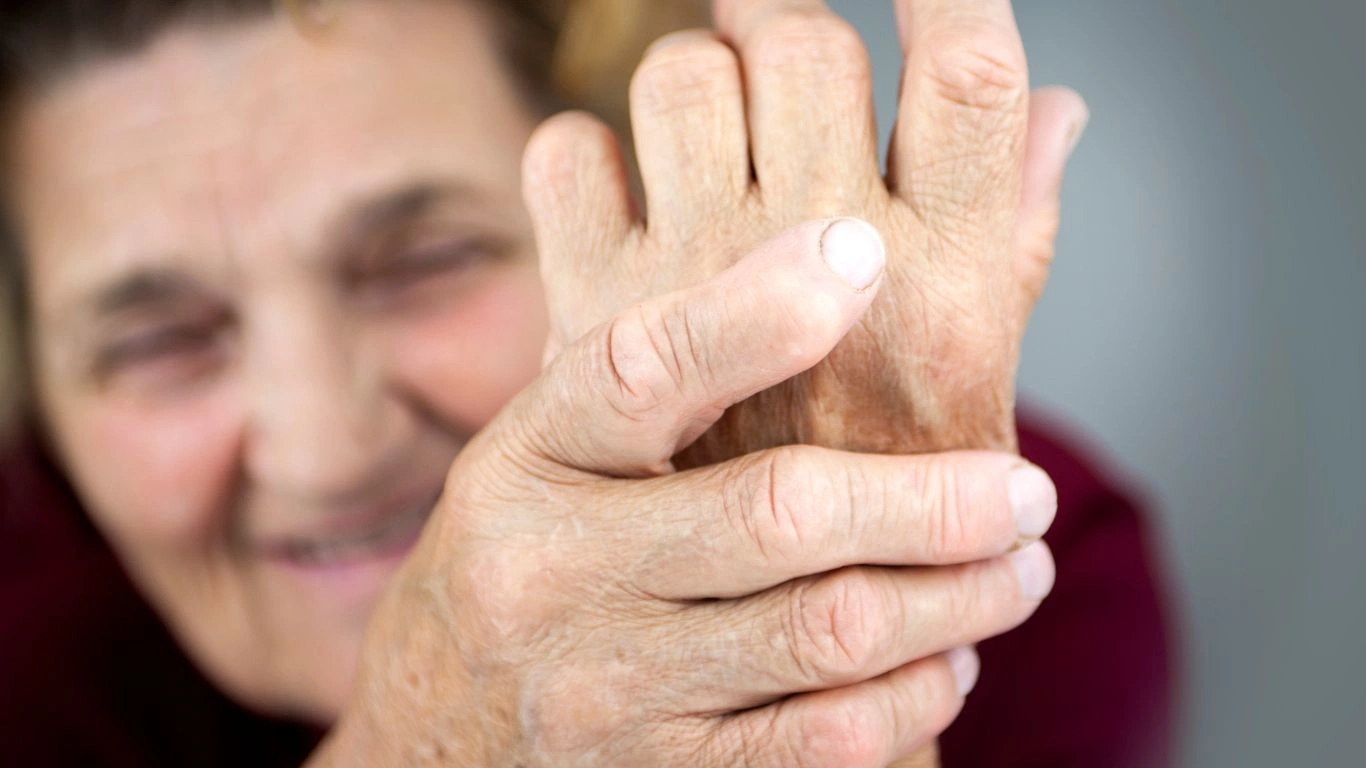
Medications and Their Side Effects
Medications are a lifeline for managing RA, but they can sometimes cause skin problems too. Methotrexate, biologics, and corticosteroids—common drugs in RA treatment—may dry out the skin or make it more sensitive, leading to itchiness. From my experience, it’s essential to keep your healthcare provider in the loop if you notice new or worsening skin issues after starting a treatment. Often, there are ways to adjust medications or add supportive skin care.
Dry Skin: A Sneaky Trigger for Itchiness
Many patients don’t realize that the simplest culprit behind their itchy skin could be dryness. RA inflammation can mess with your skin’s ability to retain moisture. Combine that with medications, weather changes, or even frequent handwashing (something I always remind patients about), and you’ve got a recipe for itchy, uncomfortable skin.
Tips to Soothe RA-Related Itchy Skin

Simple Self-Care Strategies That Work
Over the years, I’ve seen what helps most people manage itchy skin alongside RA, and often, the solutions are straightforward:
- Moisturize frequently: Use fragrance-free, gentle creams or ointments to lock in moisture.
- Limit hot showers: Hot water can strip your skin’s natural oils, making dryness worse.
- Wear soft, breathable fabrics: Avoid itchy materials like wool directly on your skin.
- Manage stress: Stress can trigger flares and worsen skin symptoms, so practices like meditation or light exercise can help.
When to Talk to Your Healthcare Provider
If itching is severe, persistent, or accompanied by new rashes, swelling, or pain, it’s time to check in with your provider. Sometimes, itchy skin can signal an infection, allergic reaction, or other complications related to RA that need medical attention. Trust me, your skin deserves the same care as your joints!
Other Causes of Itchy Skin in RA Patients

Is It Always RA or Could It Be Something Else?
One question I get a lot from my patients is, “Is this itchiness really from my RA, or could it be something else?” The truth is, while RA can definitely cause itchy skin, it’s not the only possible culprit. Sometimes, it’s a combination of factors—especially if you’re on multiple medications or dealing with other health conditions.
For instance, dry skin alone is a huge offender, but things like eczema, psoriasis, or even allergic reactions can crop up and cause similar symptoms. In fact, psoriasis can sometimes be mistaken for RA skin issues because both involve inflammation, but they’re actually quite different diseases. So, if you notice new or unusual skin changes, it’s always worth a check-up to get the right diagnosis and treatment.
Impact of Other Autoimmune Conditions
From my clinical experience, it’s not uncommon for people with RA to have overlapping autoimmune conditions. Sjögren’s syndrome, for example, is often seen alongside RA and causes dryness—not just in the mouth and eyes, but also on the skin. This dryness can contribute heavily to that annoying itchiness. Lupus is another autoimmune condition that can coexist with RA and lead to rashes or skin sensitivity, making it tricky to sort out which disease is causing what.
When RA Skin Issues Turn More Serious
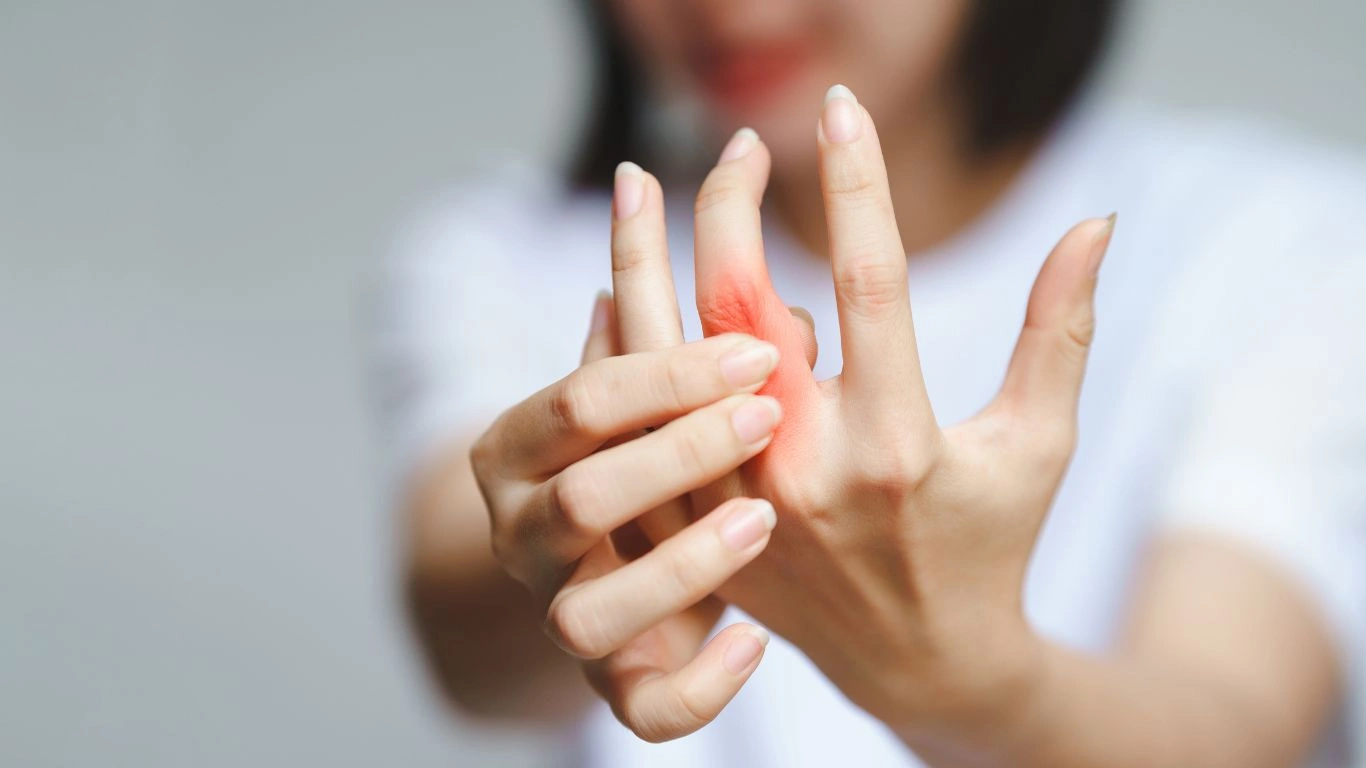
Understanding Rheumatoid Vasculitis
While most RA-related skin symptoms are manageable, I always keep an eye out for signs of rheumatoid vasculitis. This is a more serious complication where the inflammation targets blood vessels, potentially leading to painful skin ulcers or persistent, itchy rashes. It’s thankfully rare but important to recognize early because it requires more aggressive treatment.
Patients with longstanding RA or high disease activity tend to be at higher risk, so if you notice painful sores, open wounds, or unusually persistent itching that won’t go away, don’t delay getting it checked. Rheumatoid vasculitis can impact more than just the skin and may signal the need to adjust your overall RA management plan.
Other Infections and Skin Problems
Because RA and its treatments can sometimes weaken the immune system, skin infections become a bigger concern. Fungal infections, bacterial infections, or even shingles can present as itchy or painful skin. From my years working closely with RA patients, I’ve learned how crucial it is to watch for changes that don’t improve with usual care. These infections need prompt attention to prevent complications.
Practical Advice on Managing Itchy Skin with RA

Managing itchy skin when you have RA is often about small, consistent habits. Here are some practical tips that have worked well for the people I’ve cared for:
- Keep your skin hydrated: I recommend thick, fragrance-free moisturizers applied right after bathing to trap moisture in.
- Use gentle cleansers: Avoid harsh soaps that strip natural oils. Look for mild, moisturizing body washes instead.
- Protect your skin from irritants: Wearing gloves when cleaning or using household chemicals helps reduce flare-ups.
- Stay hydrated: Drinking plenty of water supports overall skin health, something I always emphasize.
- Avoid scratching: I know it’s easier said than done, but scratching can worsen inflammation and even cause infections.
When to Consider Specialty Skin Care
If over-the-counter options aren’t cutting it, or if you’re dealing with persistent or unusual skin issues, it might be time to see a dermatologist familiar with autoimmune skin conditions. In my practice, I often collaborate with dermatologists to tailor treatments, whether it’s prescription creams, light therapy, or other advanced options. Getting the right care early can make a huge difference in comfort and skin health.
The Importance of Monitoring Your Overall RA Control
One thing I always stress to patients is that skin symptoms often improve when the underlying RA is better controlled. That means staying on top of your disease-modifying treatments, communicating openly with your rheumatology team, and not ignoring flares—whether they’re joint-related or skin-related. It’s all connected.
From personal experience, patients who actively manage their RA and maintain regular follow-ups tend to have fewer skin problems and better quality of life overall. So, if itchy skin is bugging you, don’t just slap on lotion and ignore it—treat it as a clue that your RA management might need some tweaking.
Living Well with RA and Itchy Skin: My Advice From the Front Lines
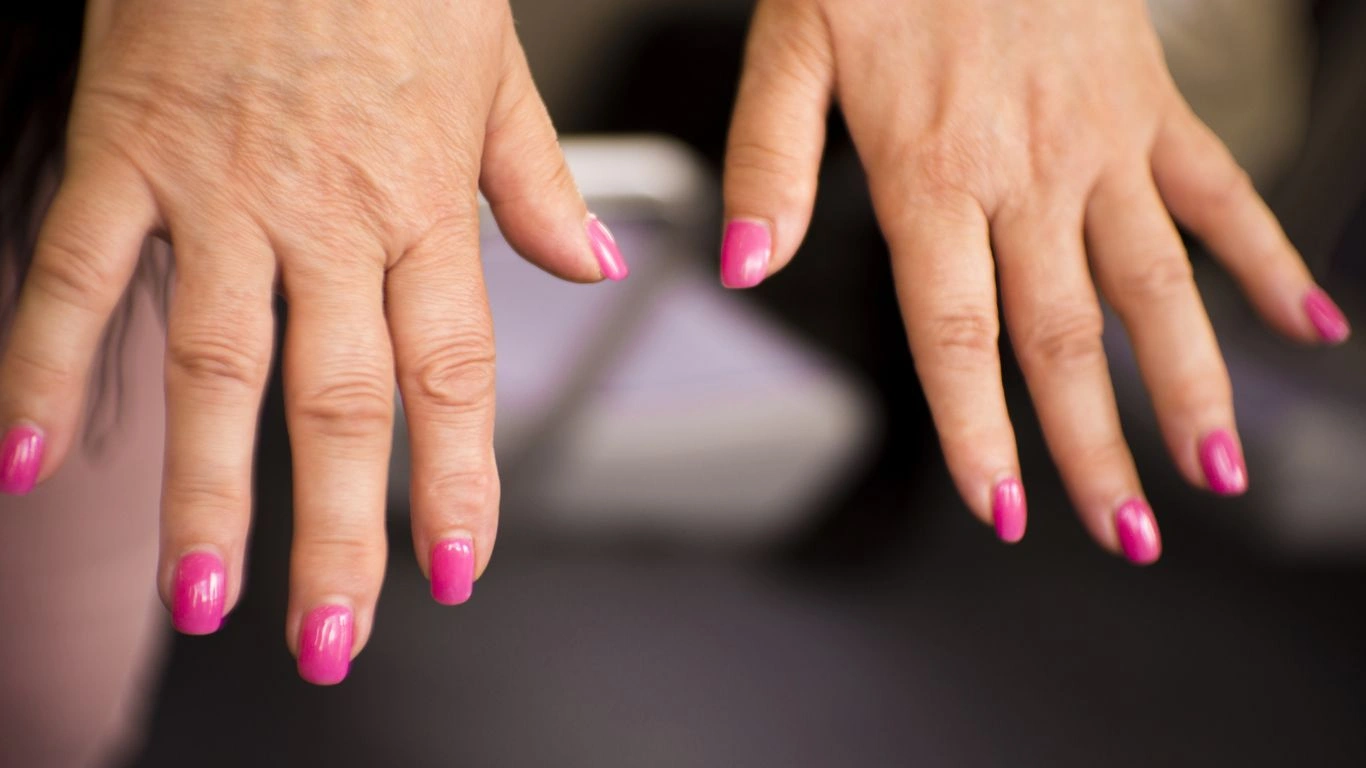
Balancing RA Treatment and Skin Care
After years of working closely with patients managing rheumatoid arthritis, one thing has become crystal clear: your skin health matters just as much as your joint health. It’s not always easy to juggle RA symptoms, medications, and skin care routines, but the two go hand in hand. In fact, some of my patients have told me that when their skin is bothering them, their overall quality of life takes a hit—even more than joint pain sometimes.
What I always encourage is a proactive approach. This means staying consistent with your RA treatments, but also paying close attention to your skin’s needs. Simple changes like switching to a richer moisturizer, avoiding triggers like harsh soaps, or even tweaking your medication under your doctor’s guidance can make a world of difference.
Myths About RA and Itchy Skin — Let’s Bust Them
In talking with patients, I’ve noticed a few misconceptions floating around about itchy skin and RA that I want to clear up:
- Myth #1: Itchy skin means your RA is out of control. Not always true. Sometimes, itchiness is due to dry skin, medication side effects, or unrelated skin conditions.
- Myth #2: Only topical creams can help skin symptoms. While moisturizers are important, controlling the underlying inflammation through your RA treatment plan is key.
- Myth #3: Itching isn’t serious enough to mention to your doctor. Please don’t underestimate skin symptoms. Persistent itching could signal infection, vasculitis, or another issue that needs attention.
Working with Your Healthcare Team to Manage Itchy Skin

Communication is Key
One of the biggest lessons I’ve learned as a nurse practitioner is that open communication with your healthcare providers is absolutely crucial. Don’t hesitate to bring up any skin changes or itchiness you’re experiencing—even if it seems minor. Sometimes, these symptoms can provide important clues about how well your RA is being controlled or if medication adjustments are needed.
When you describe your symptoms, try to be as detailed as possible. Mention when the itching started, how severe it is, what seems to trigger or relieve it, and if you notice any accompanying rash, swelling, or sores. The more information your care team has, the better they can tailor your treatment.
Collaboration Between Rheumatology and Dermatology
Since RA can affect the skin in many ways, many patients benefit from seeing both a rheumatologist and a dermatologist. This collaboration helps ensure you get comprehensive care addressing both the autoimmune activity and the skin symptoms. From personal experience, patients who work with a dermatology specialist often find more targeted relief for persistent skin issues, especially when it comes to complex conditions like rheumatoid vasculitis or medication side effects.
Additional Support and Resources
Living with RA and managing itchy skin can sometimes feel overwhelming. Don’t forget that you’re not alone—there are plenty of support groups, online communities, and educational resources that can offer guidance and empathy. Sometimes, sharing experiences and tips with others who get it can make a big emotional difference.
If you’re looking for trusted information, I recommend checking out websites maintained by reputable organizations specializing in arthritis and autoimmune diseases. These sites regularly update their content based on the latest research, so you can be sure you’re getting reliable, evidence-based advice.
Final Thoughts on Itchy Skin and Rheumatoid Arthritis
While itchy skin isn’t the first symptom people associate with rheumatoid arthritis, it’s definitely something to take seriously. Inflammation, medication effects, overlapping conditions, and even lifestyle factors can all contribute. The good news? With attentive care, good communication, and some practical self-care strategies, you can keep itchy skin under control and improve your overall comfort.
Remember, managing RA is a journey that involves looking at the whole picture—joints, skin, emotions, and beyond. If you notice any new or worsening symptoms, especially skin changes, don’t hesitate to reach out to your healthcare team. Your skin, just like your joints, deserves care and attention.
References
Disclaimer
This article is intended for educational and informational purposes only and does not replace professional medical advice. If you have rheumatoid arthritis or are experiencing itchy skin, please consult your healthcare provider for personalized diagnosis and treatment.

Tarra Nugroho is a dedicated Nurse Practitioner with a strong foundation in family and preventive care. She brings both compassion and clinical expertise to her practice, focusing on patient-centered care and health education. As a contributor to Healthusias.com, Tarra translates medical knowledge into clear, empowering articles on topics like women’s health, chronic disease management, and lifestyle medicine. Her mission is simple: help people feel seen, heard, and informed—both in the clinic and through the content she creates. When she’s not caring for patients, Tarra enjoys weekend hikes, plant-based cooking, and curling up with a good health podcast.

